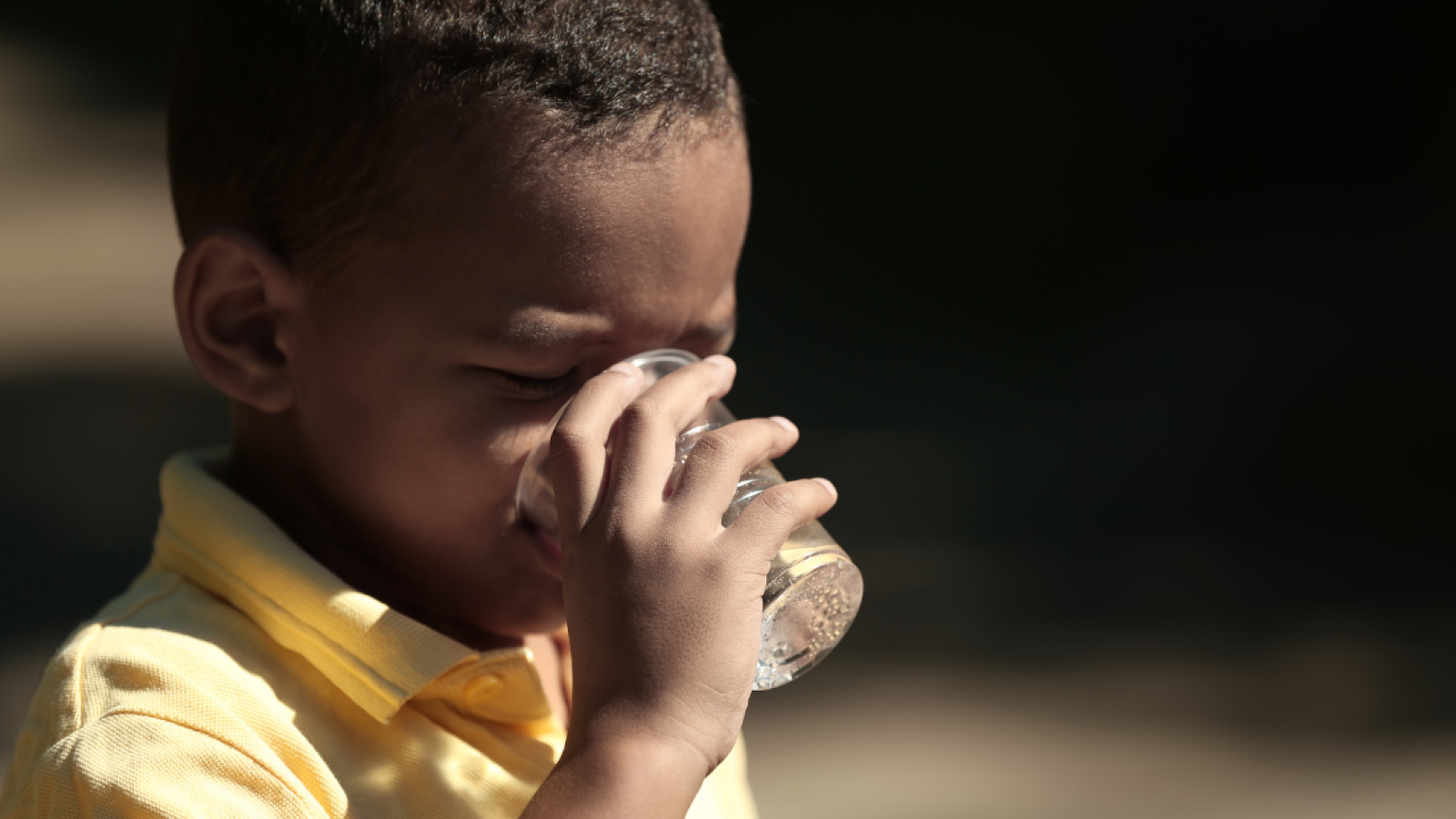by: Sam Bower
Poisoning Our Water
Imagine that the very thing you rely on to give you life is slowly draining it. For many Chicagoans especially folks living on the City’s south and west sides, this is more than an exercise in empathy. For households served by some of the city’s almost 400,000 lead service lines, it’s reality.
“When we talk to community members, more often than not, people have no idea that they have a lead line let alone know how they are unknowingly exposing their children and loved ones to lead-contaminated water every day. There’s guilt associated with not knowing but, there’s also guilt in knowing and not being able to do anything about it. Because of the high price tag, many Chicagoans cannot afford to replace their lead lines. It is imperative that institutions take rapid responsibility and do their part to aid in education and health of the communities they serve to protect the quality of life of in our homes, in our work, and our environment.”
Brenda Santoyo Gomez
Water Justice Program Manager Little Village Environmental Justice Organization
To be clear, it’s not the water itself that is creating this particular public health and environmental justice crisis, but the lead service lines that supply the water to homes. We’re constantly reminded of the healing power of water–it nourishes our bodies and minds, it cradled our ancestors, it brings life to an abundance of flora and fauna–but what do we do when we inherit a broken cycle poisoned with lead? And more critically, what does it mean for us when those in power turn a blind eye to the communities suffering the most from this issue?
No Safe Level of Consumption
In a previous blog, we acknowledged that “While lead pipes are found virtually across all parts of the city and throughout Illinois, residents in environmental justice communities face cumulative lead exposure through various sources (i.e. drinking water, floodwater, paint, nearby industrial pollution in air or soil).” Lead-contaminated water impacts brain development, particularly in children and during pregnancy, as well as the potential for fatal heart disease in adults. There is no safe level of consumption.
IEC and our partners saw a huge victory in 2021 with the passing of the Lead Service Line Replacement and Notification Act. This made Illinois the third state in the nation to require full replacement of lead drinking water pipes.
In Chicago, the Illinois Water Justice Coalition (including IEC), a group of nearly twenty organizations that works towards equity and justice in water infrastructure decisions statewide, is placing an emphasis on efforts to increase the speed at which these lead service lines are replaced to protect public health both in Chicago and statewide. In fact, back in February, the US EPA offered an opportunity for public comment on its proposed Lead and Copper Rule Improvements (LCRI), which would grant Chicago up to 40-50 years to replace its lead pipes. IEC’s city programs director, Iyana Simba, presented a comment saying:
Illinois has nearly 700,000 lead service lines statewide and over 400,000 in Chicago alone. We simply cannot afford decades more of slow lead service line replacement. In the interest of environmental justice and public health, the U.S. EPA must consider a shortened replacement timeline and federal funding to complement efforts underway.
Movement in Chicago
The 2023 Mayoral Transition Report sets forth a target of replacing 40,000 lead pipes by 2027. Although the Chicago Department of Water Management has been slow in its lead pipe replacement efforts, with only 3,777 pipes replaced as of December 2023, it acknowledges the pressing necessity for this action. In November, the City secured a $336 million federal Water Infrastructure Finance and Innovation Act (WIFIA) loan to facilitate the replacement of 30,000 lead pipes within the next four years. IEC and water advocates continue to actively push the city to seek additional funding to replace its remaining lead pipes, which may cost as much as $12 billion.
Illinois Water Justice Coalition:
- Alliance for the Great Lakes
- Little Village Environmental Justice Organization
- Elevate NP
- Metropolitan Planning Council
- Natural Resources Defense Council
- Southsiders Organized for Unity and Liberation
- Blue Green Alliance
- Faith in Place
- Sierra Club
- Friends of the Chicago River
- Equitable Resilience and Sustainability LLC
- Legal Action Chicago
- Southeast Environmental Task Force
- Health & Medicine Policy Research Group
- Center for Neighborhood Technology
- The Nature Conservancy
- Blacks in Green
- Joyce Foundation
- Netkritz Amdor Consulting

